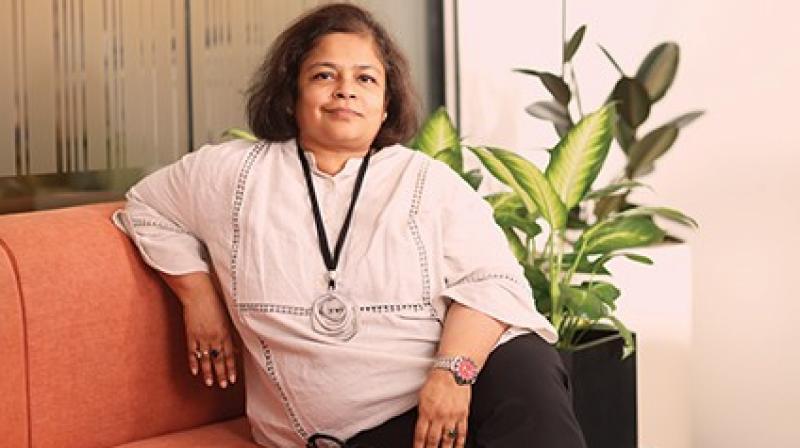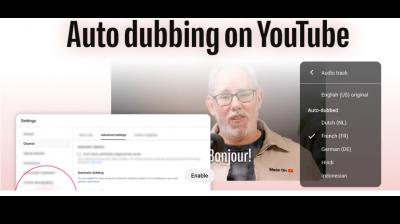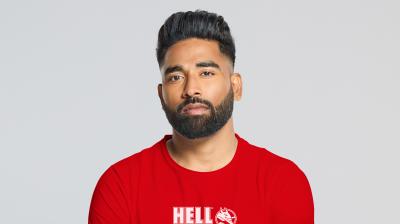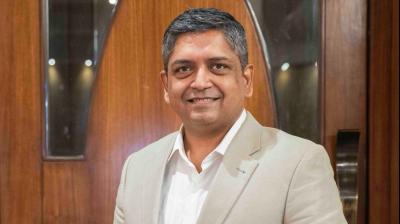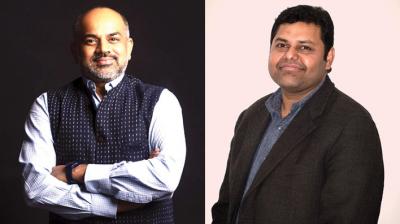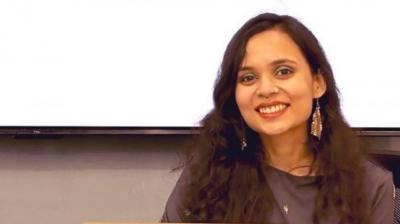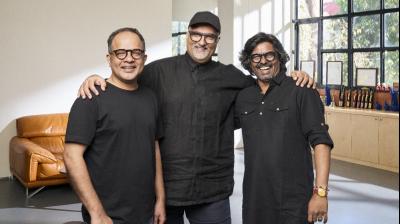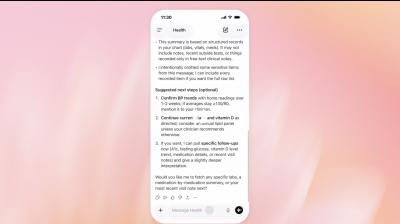As she steps into her role as MD and CCO at Havas Creative India, Anupama Ramaswamy opens up on breaking leadership gender bias, the need for bravery in a cluttered market, and why trust defines strong client–agency partnerships in a candid conversation with Manifest.
Ramaswamy describes her dual mandate as MD and CCO as ‘not mutually exclusive’ but ‘one powerful track’. On balancing business leadership with creative leadership without compromising either, she says, “From an MD perspective, I focus on building a resilient, opportunity-driven ecosystem. As a CCO, I ensure the work at the heart of that system is sharp, culture-moving, and globally competitive.”
“So, it’s always both - business fuelled by culture-defining creativity, “ she asserts.
Ramaswamy credits Havas’ evolving culture - youthful, empowered, and unafraid to challenge briefs - for driving both creative output and client growth. She reinforces her mantra of being ‘fast, fearless, futuristic’ that translates into agility in thought and boundary-pushing ideas like The Times of India’s 'Ink of Democracy' and Pepsi's 'Anytime is Pepsi Time' campaigns.
“Bravery is our superpower, and especially in this market, which is flooded with sameness. In this hyper-cluttered, scroll-fast world, the safe ideas are invisible,“ she asserts.
Further reflecting on creating a space where “bravery is rewarded, and not punished”, she stated, “it’s no longer a virtue to be brave - it’s a necessity.”
As one of the few women creative leaders in the advertising industry, Ramaswamy reflects on the skewed gender representation in leadership even today.
“The slow progress is a result of, if I may say so, legacy power structures. And it’s an unconscious bias. I won’t say anybody does it on purpose. People still hire in their own image, so men tend to hire men, which is why the top has always been so long, male-dominated.”
She, however, pointed to shifting tides: “At Havas, our executive leadership team is close to 50% women - not symbolic, but earned,” she discloses with pride.
The regressive representation of women in Indian advertisements over the years is another area of concern.
On steering the conversation to something more progressive, realistic, and relatable to today’s woman, Ramaswamy says, “It starts in the room - Who’s writing the script, who’s approving the cast, who’s asking the right questions – They can be uncomfortable questions, but who’s asking them?”
“Under my watch, I audit everything. I’m happy to move away from the ‘perfect woman’ in kitchens and move towards stories that are more real, which are more about the modern woman, her choices, her dilemmas. It’s not about tokenism, it’s about picking up the nuances of our life,” she stresses.
This focus on 'authentic' representation has led to work like Veet’s redefinition of ‘sexy,’ UTI’s 'Take Charge of Your Investments’ campaign on women’s financial independence, and Durex’s candid podcast featuring ‘real women’s voices’.
For Ramaswamy, enduring client partnerships are the foundation of great work: “The best work comes from relationships, not transactions.”
While acknowledging the industry’s shift toward project-based engagements, she cautions that such short-termism erodes creative trust: “If I’m fighting with you for something, it’s because I’m invested in your brand.”
“I don’t want to be seen as a vendor to my client. That’s the Havas we’re building - less vendor, more creative force,” she emphasises.
Read the full chat in the October issue of Manifest. Get your copy here.

.jpg)
